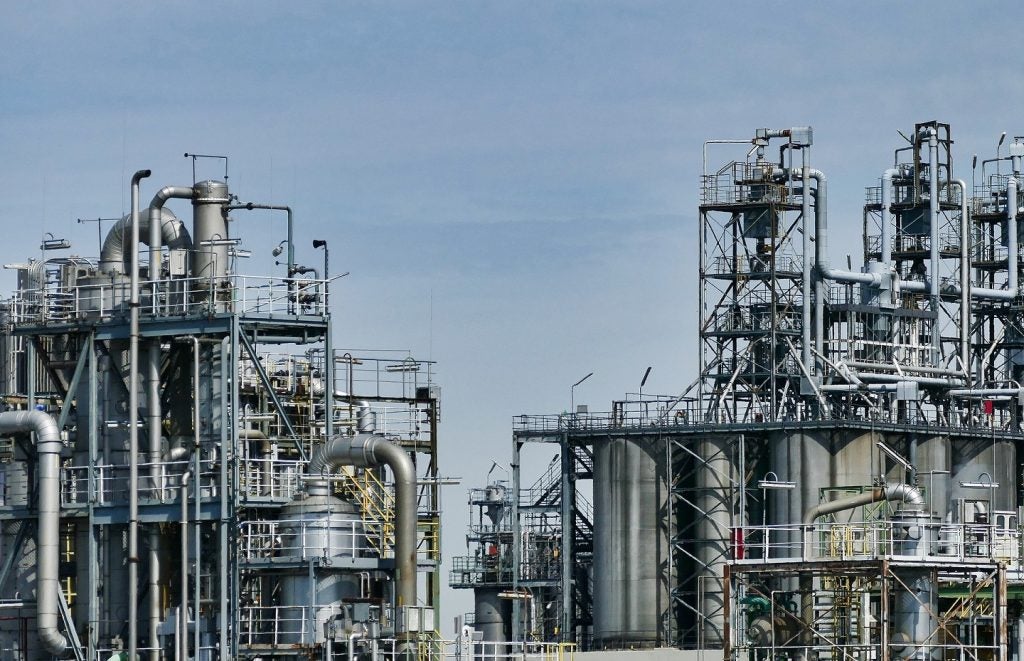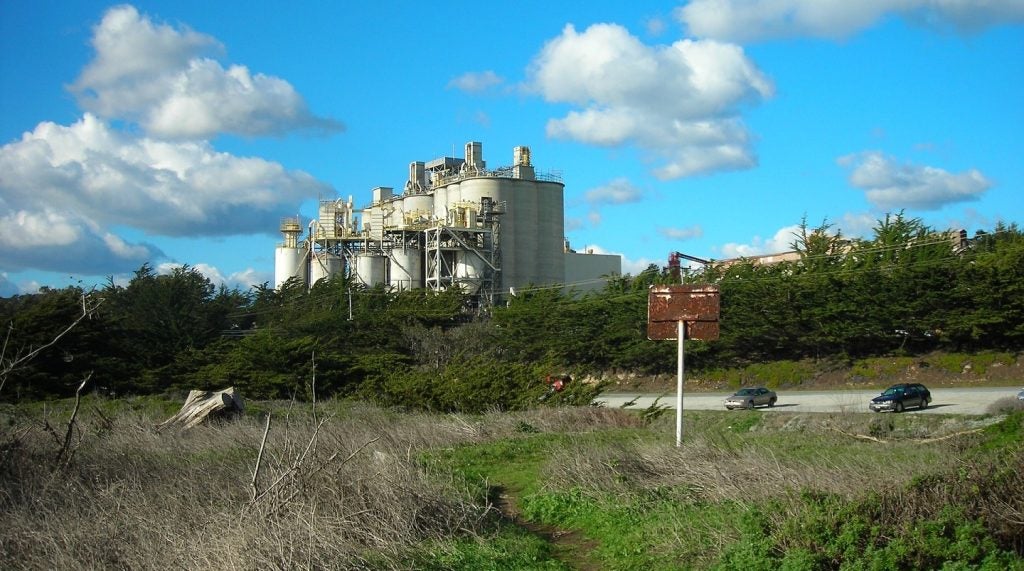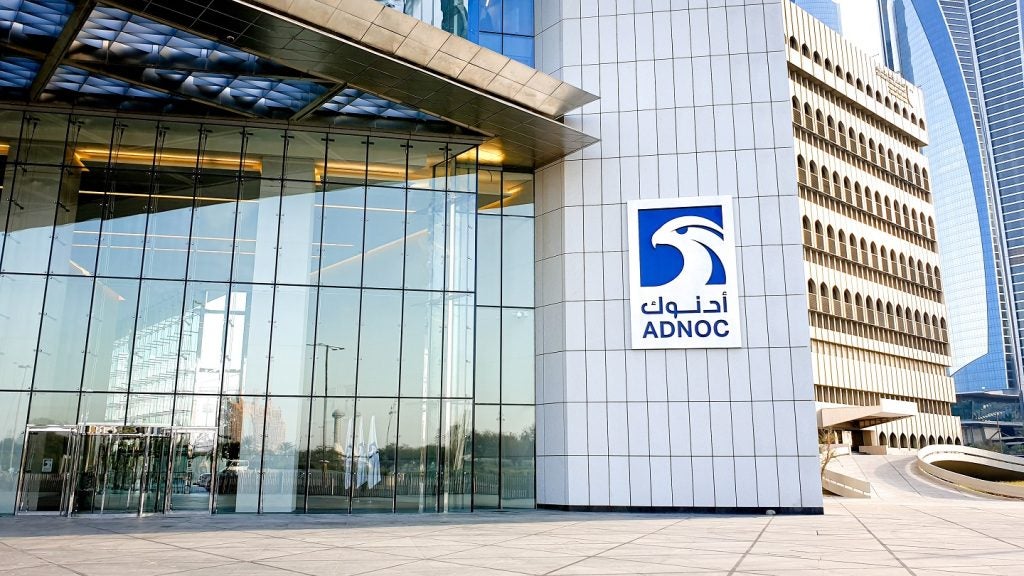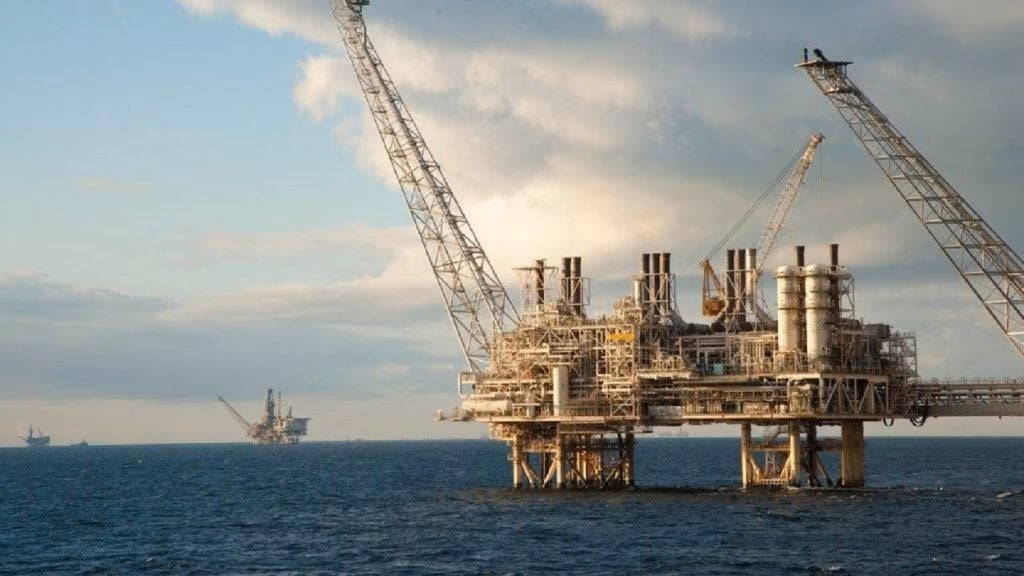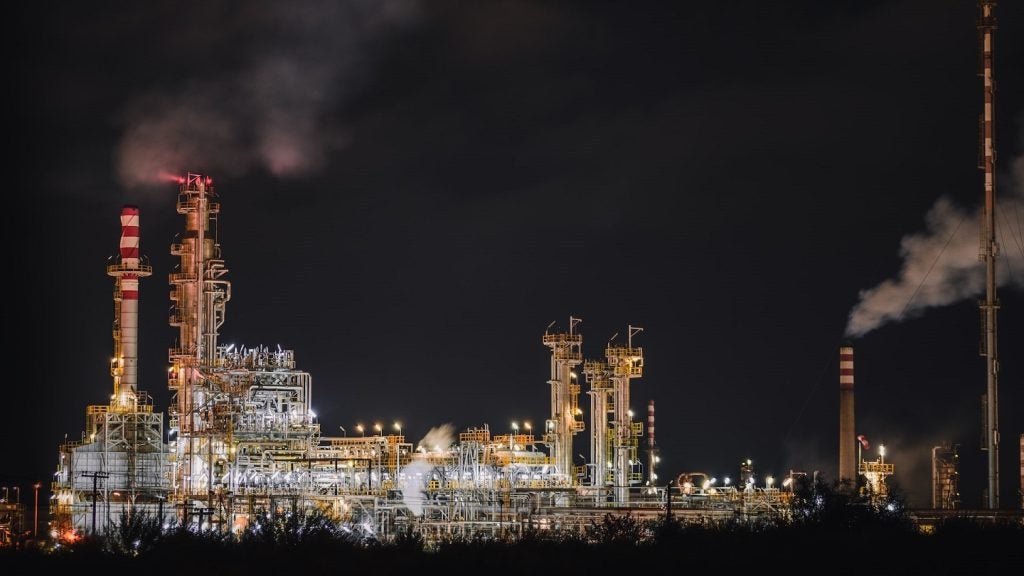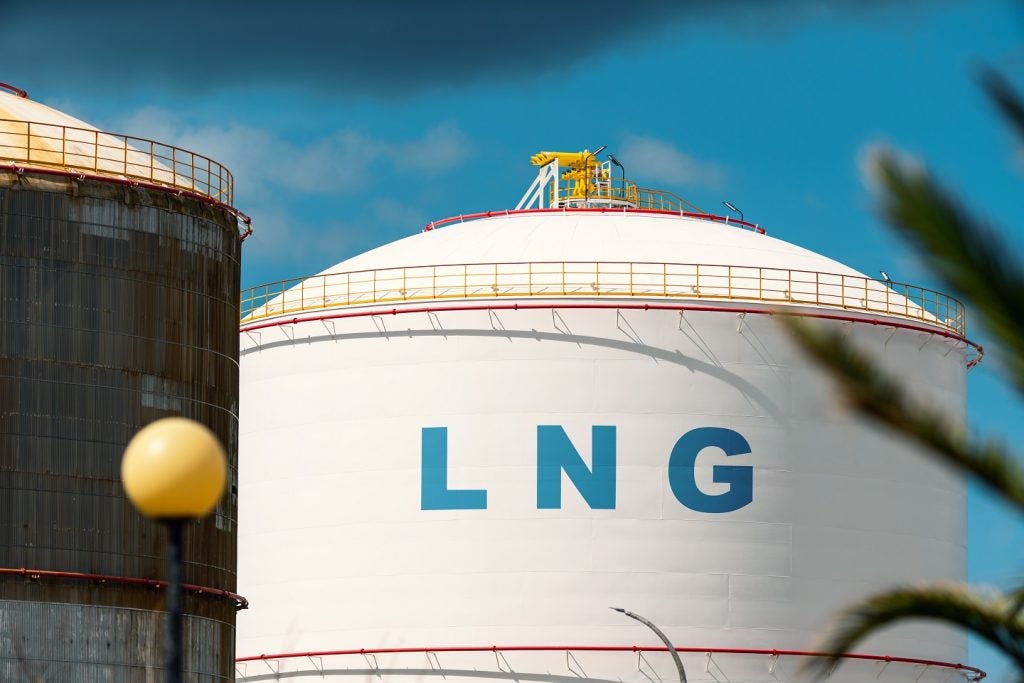Russian oil giant Lukoil is assessing several options for its assets in Bulgaria, including a potential disposal of the Neftochim Burgas oil refinery.
The company will collaborate with foreign consultants given the "significant changes" in the operational conditions of its businesses in the country.
The move comes amid Bulgaria’s efforts to reduce its dependence on Russia.
In a press statement, Lukoil said: “The revision of the strategy is a consequence of the adoption by the Bulgarian state authorities of discriminatory laws and other unfair, biased political decisions towards the refinery, which have nothing to do either with the civilised regulation of a large business or with increasing the revenue part of the country's budget.”
Lukoil owns the Neftochim Burgas refinery in Bulgaria, where it also operates a distribution network that includes 220 petrol stations and nine oil depots, among others.
Earlier this month, Bulgaria's ruling coalition announced plans to stop those imports from Russia from March 2024. This would force the Neftohim Burgas refinery to seek alternative fuel supplies, reported Bloomberg News.
In October 2023, Bulgaria imposed a punitive tax on Russian-owned gas operations to drive down Moscow's energy profits.
The new bill imposes a charge of 20 Bulgarian lev ($10.79) per megawatt-hour of natural gas produced by Russia.
The government anticipates the tax will generate additional revenue of $1.2bn.
The levy will apply to grid operators and final importers. It includes an exception for compressed fuel transported on specific containers.
Earlier this year, Reuters reported that the Bulgarian parliament voted in favour of ending a concession held by Lukoil to operate the Rosenets oil terminal.
Located near the port of Burgas, the Rosenets oil terminal feeds Neftochim Burgas, which is Bulgaria’s sole refinery.


